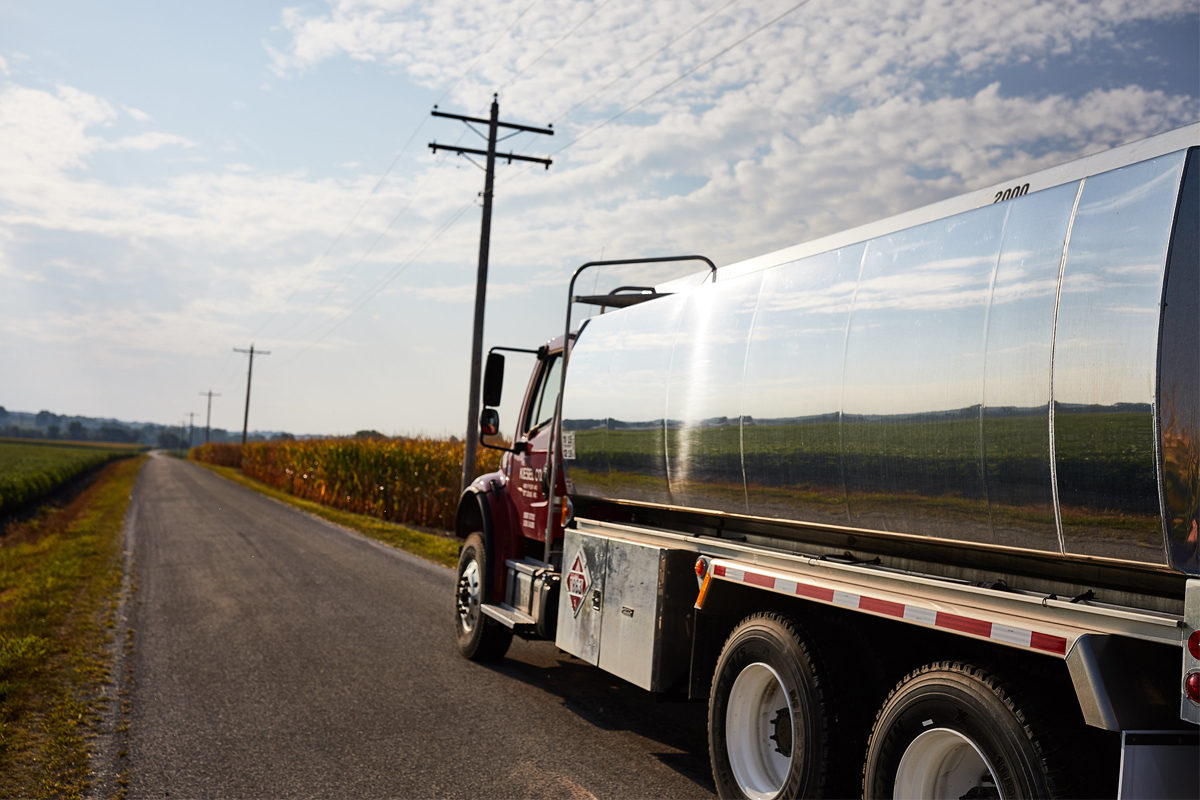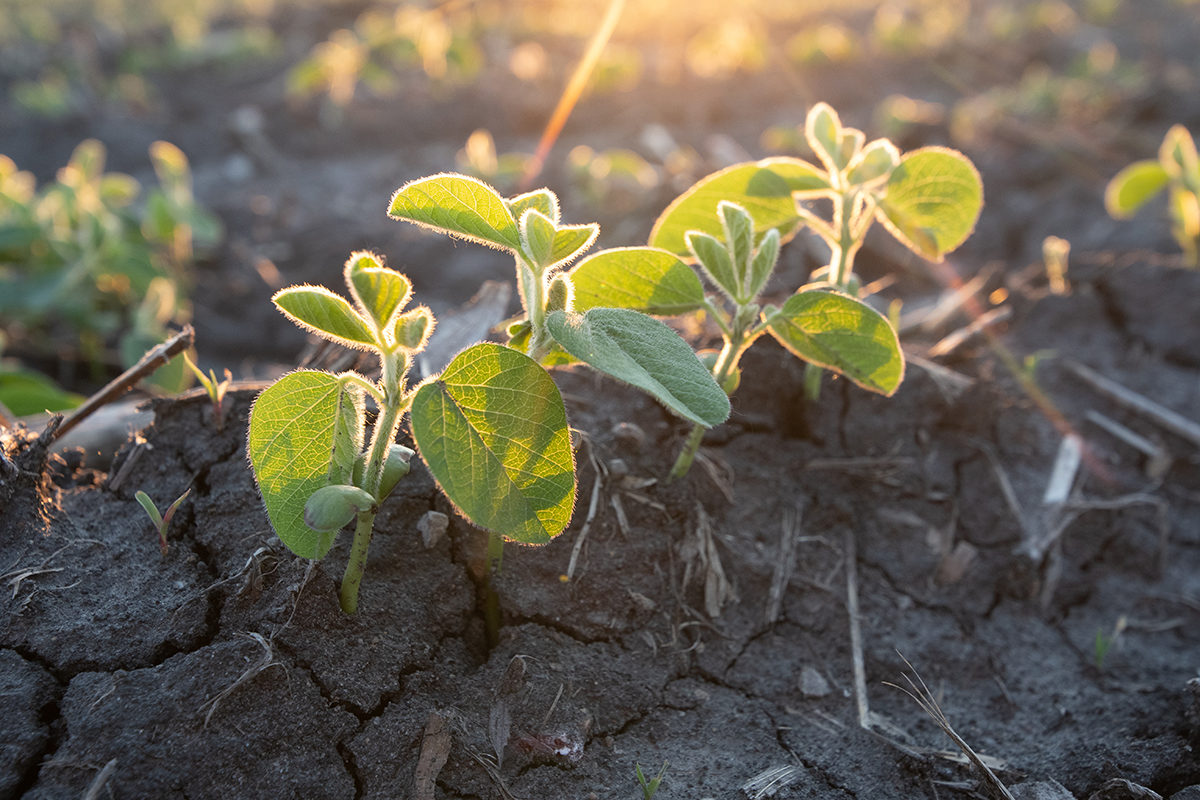U.S. Soybean Farmers Continue to Feed the World and Meet Clean Fuels Demand

Fuel is used in most aspects of farming, and now you and many other soybean farmers can know that the soybeans you grow in your fields often make up the biofuel you used back on your farm. Clean Fuels Alliance America (CFAA) has a long history of support from the soy checkoff. As biofuels demand and production continue to grow, CFAA has set ambitious goals to contribute to addressing global climate change by increasing access to American-made biofuels.
CFAA has a strong background in advocating toward clean fuel, such as biofuels, and connecting people with experts in the field to solve fueling challenges in the modern world. Clean fuels produce lower greenhouse gas emissions than traditional fuels and come from various feedstocks.
In fact, soybean oil is the main feedstock for biodiesel, contributing 57% of necessary feedstocks for biodiesel production in 2021. Luckily, U.S. soybean farmers provide a consistent supply every year and benefit from efficient U.S. infrastructure — helping biodiesel help the world in more ways than one. Additionally, biodiesel produces a high energy balance — 3.5 to 1 — compared to other fuels, which means for every unit of energy input, biodiesel returns 3.5 units of energy.
Clean Fuels and Soybean Oil Go Hand in Hand
Through the checkoff dollars, the industry is expanding into new markets with the potential to support clean energy in aviation, marine and rail. The soy checkoff and CFAA are partners in the goal of clean fuel, with the soy checkoff investing dollars in research and promotion of biodiesel, sustainable aviation fuel and renewable diesel.
“We have a long-running relationship with CFAA, and we support CFAA with checkoff dollars to develop biodiesel and other clean fuel advancements, including aviation fuel and expansion of biodiesel use,” says Neal Bredehoeft, checkoff director and Missouri farmer. “Biodiesel usage adds value to the soybeans we harvest every year, and it’s great to see where our product goes after harvest. We can use biodiesel on the farm, and we can buy and use something our checkoff dollars have developed.”
The U.S. biodiesel and renewable biodiesel market in 2020 reached 1.9 billion gallons with all blends up to B20 consumed, and domestic demand for biodiesel accounted for more than a 35 percent of all soybean oil used in the U.S.
In 2022, usage levels are even higher according to Donnell Rehagen, CFAA CEO, saying, “I am reminded that the soybean farmers and leaders who founded our organization had great faith, foresight and fortitude. In 1992, no biodiesel had been produced commercially yet, and today, we produce 3 billion gallons a year of biodiesel and renewable diesel.”
One bushel of soybeans can yield 1.5 gallons of biodiesel. With the current consumption of biodiesel and renewable diesel at 3 billion gallons a year, that’s equivalent to 2 billion soybean bushels. That’s a lot of soybean bushels, but farmers continue to step up to produce enough soybeans for food and fuel.
Soybean Use for Food and Fuel
The versatility in soybeans makes this commodity shine. Mac Marshall, vice president of market intelligence for the soy checkoff, spoke with Delta Farm Press about the use of soybeans in food (soybean meal) and fuel.
“From a soybean standpoint, we’re producing the oil that is going into the biofuel channels and, ideally, will help better position us as a country for increased biobased solutions and energy diversification — which, of course, is a very pivotal challenge that we have now,” says Marshall.
Soybeans can also play a vital role in combating food insecurity, according to Marshall.
“Where we are now is incredibly exciting because we’ve got the oil piece that goes into this biofuel space, and it’s creating this reduced cost of soy meal,” he says. “And, even with this surge from energy, animal agriculture still remains the No. 1 consumer of U.S. soybean products.”
Your checkoff dollars are hard at work entering into new sustainable markets and possibilities for soybean oil. The demand for soybean oil for biodiesel will continue to unleash more opportunities for soybean farmers to supply the nation and the world with cleaner fuel.



